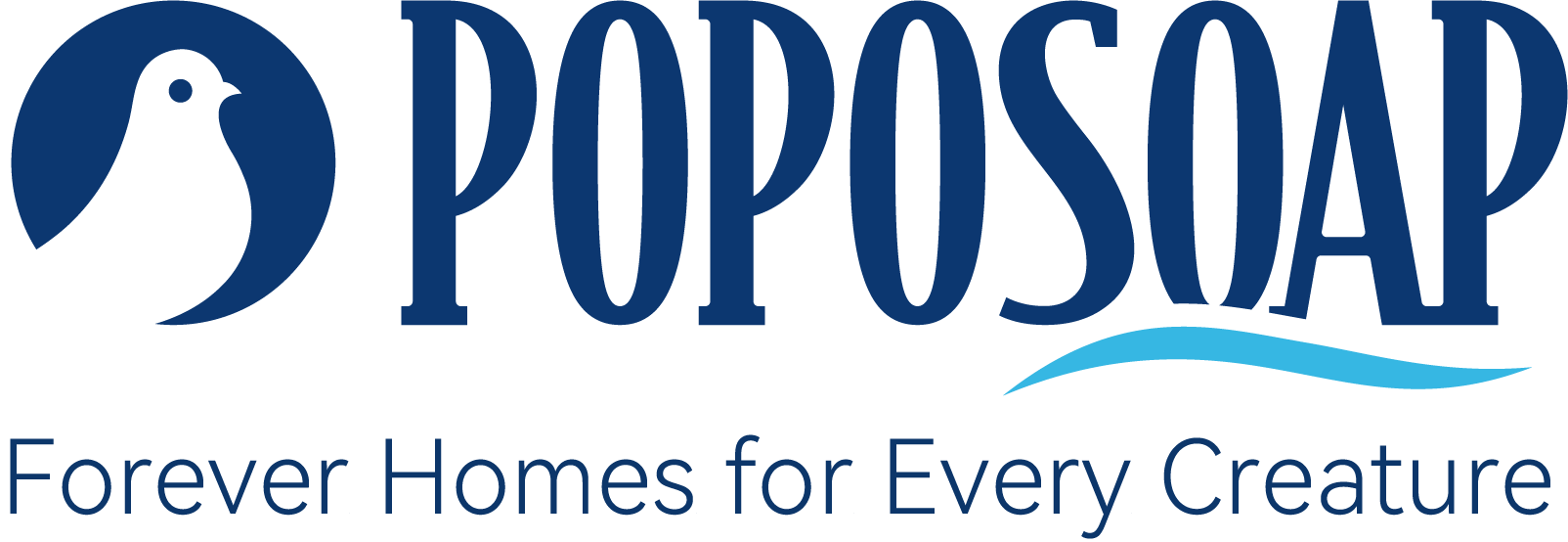
The fish in your pond do more than look nice. They clean the water, eat algae, and help balance the ecosystem. This keeps your pond healthy. Keeping them healthy is key to ensuring a vibrant and balanced aquatic environment. This guide will show you how to care for your pond fish and maintain the overall pond ecosystem.
Table of Contents
The Importance of Fish Health in Your Pond Ecosystem
Healthy fish are a clear indicator of a well-maintained pond. As natural algae eaters and water aerators, fish play an integral role in maintaining the ecosystem's balance.
When fish thrive, everything else falls into place. However, unhealthy fish can cause water contamination, disrupt the ecosystem, and harm other aquatic life. By prioritizing fish health, you support the longevity and vitality of your pond.
Key Factors for Maintaining Pond Fish Health

Water Quality
Proper water quality is the foundation of fish health:
· Regular Monitoring: Test pH, ammonia, nitrites, and nitrates regularly. Aim for a pH range of 6.5 to 8.
· Effective Filtration: A reliable pond filter is essential to remove toxins and keep the water clean.
· Oxygenation: Use aerators or bubblers, especially during hot months, to ensure sufficient oxygen levels.
Feeding Practices
Overfeeding is a common cause of water pollution. Feed your fish wisely:
· Quality Diet: Provide high-quality food specific to your fish species.
· Seasonal Adjustments: Reduce feeding during colder months when fish metabolism slows.
Pond Filtration and Aeration
· A high-quality pond filter maintains water cleanliness and balances ammonia and nitrate levels.
· Aerators ensure oxygen is evenly distributed, promoting fish respiration and reducing stress.
Preventing Common Fish Health Issues

Regular Observation
Monitor fish behavior and appearance daily:
· Look for signs such as lethargy, discoloration, or unusual spots.
· Isolate sick fish immediately to prevent disease from spreading.
Disease Management
Proper care can prevent common fish diseases like ich, fin rot, and ulcers:
· Use fish-safe medications for effective treatment.
· Maintain water cleanliness to minimize the risk of infections.
Reducing Environmental Stressors
· Avoid overcrowding: Allow at least 10 gallons of water per inch of fish.
· Create hiding spots with plants, rocks, or decorations to reduce stress levels.
Seasonal Care for Pond Fish

Spring
· Clear out debris left from winter.
· Gradually resume feeding as water temperatures rise above 50°F.
Summer
· Monitor oxygen levels, as warm water holds less oxygen.
· Control algae growth by maintaining plant coverage and limiting excess nutrients.
Fall and Winter
· Reduce feeding as fish enter hibernation.
· Use a pond deicer or heater to prevent ice from completely covering the pond surface.
Best Tools for Maintaining a Healthy Pond
Investing in the right tools can simplify pond maintenance:
· Pond Filters : Essential for removing debris and contaminants.
· Aerators: Maintain oxygen levels in the water, especially during warm months.
· Water Test Kits: Regular testing ensures optimal water conditions.
Building a Thriving Pond Ecosystem
Healthy fish are the cornerstone of a thriving pond ecosystem. To keep your pond healthy and lively, maintain good water quality. Follow best care practices and use the right tools.
Ready to upgrade your pond care routine? Visit POPOSOAP to find many pond filters, tools, and accessories. These items will help you create your dream aquatic sanctuary!










